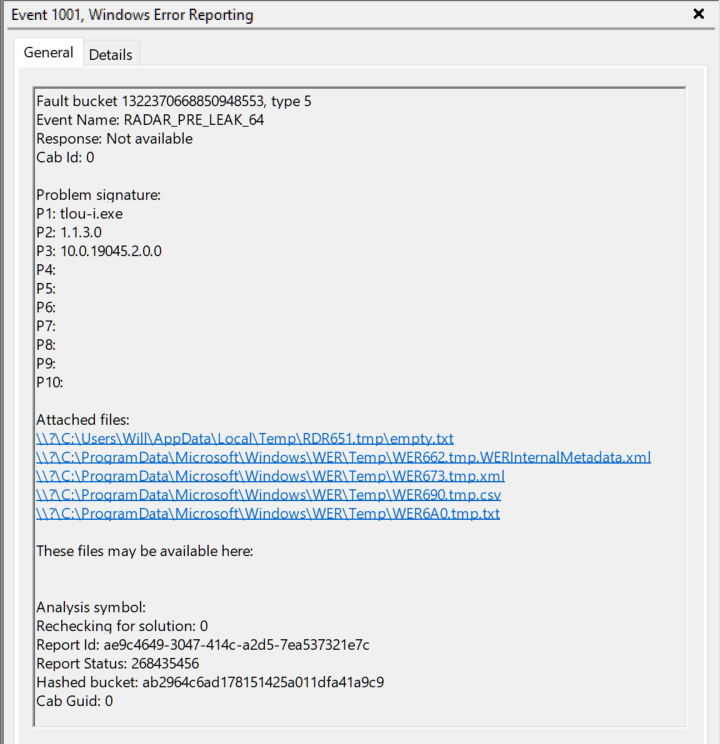spine
2[H]4U
- Joined
- Feb 4, 2003
- Messages
- 2,722
Interesting, I've not had any crashing lately, but following the advice above, I fired up "The Last of Us: Part 1" and let it do shader comp (haven't played this game since it first came out on PC, lol). Ran fine for a few minutes, all good, CPU's never went over 92c.
Then it just stopped:

I then immediately set Prime95 going and no crashes or errors for a good 15 minutes now, despite hitting 100c and throttling and drawing 260 watts compared to 200w for TLOU shader compiling.
Then it just stopped:

I then immediately set Prime95 going and no crashes or errors for a good 15 minutes now, despite hitting 100c and throttling and drawing 260 watts compared to 200w for TLOU shader compiling.
![[H]ard|Forum](/styles/hardforum/xenforo/logo_dark.png)